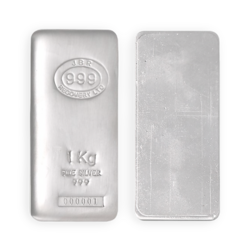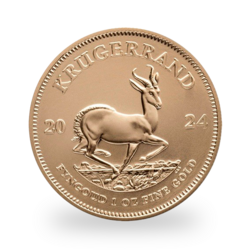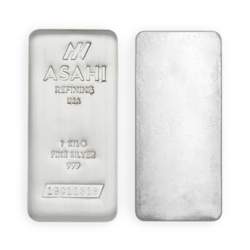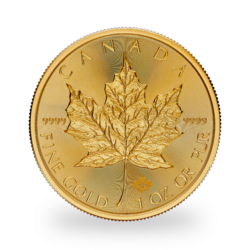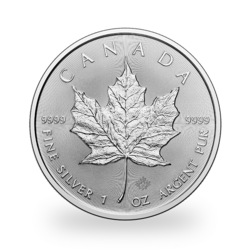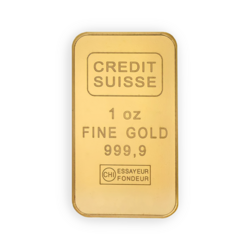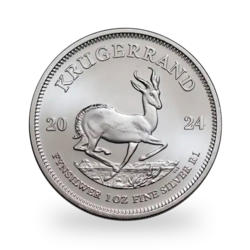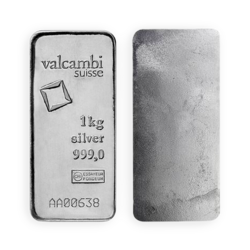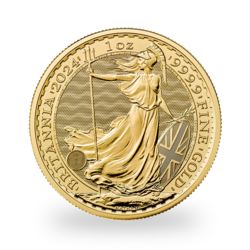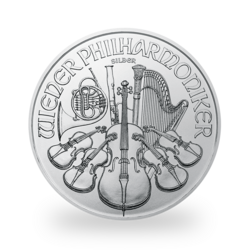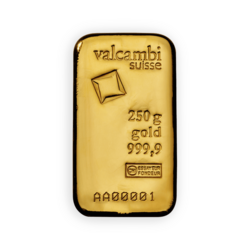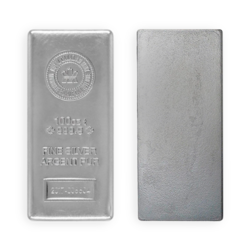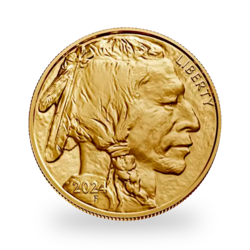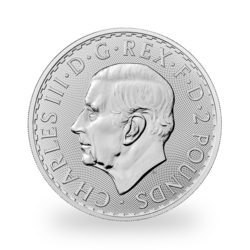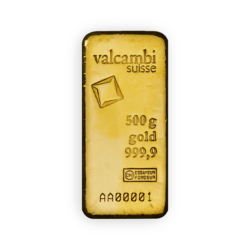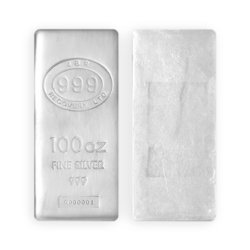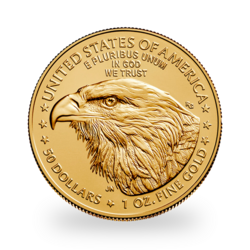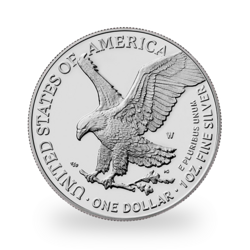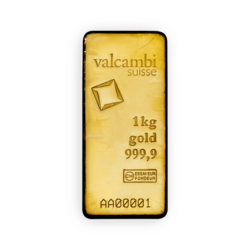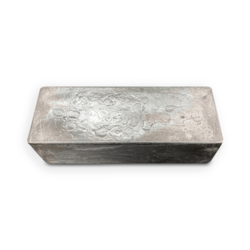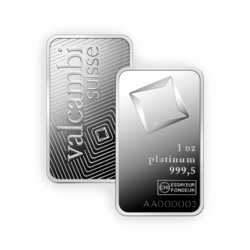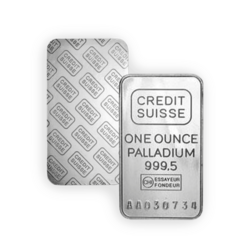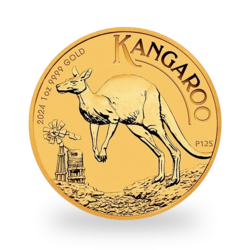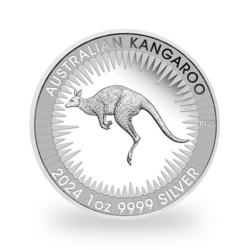Venezuela’s gold reserves fell by seven tonnes in the first half of the year to reach just 98 tonnes, their lowest level in 50 years, according to data published on Monday by the South American country’s central bank.
The drop comes as Venezuela, whose key oil industry is under U.S. sanctions, sells its gold abroad to obtain foreign currency amid an economic crisis. The central bank maintained reserves above 350 tonnes until 2015, when the increasingly cash-strapped government began to use gold as a collateral for loans.
U.S. officials, who are seeking to oust socialist President Nicolas Maduro, have said that Venezuela has used gold to pay for gasoline imports from ally Iran this year as a near-complete breakdown in state oil company Petroleos de Venezuela’s refining network led to widespread fuel shortages.
The reserves were valued at some $4.99 billion at the end of June, up from $4.79 billion as of December 2019 due to rising global gold prices, the data show.
It is not clear if those levels include the 33 tonnes of gold held in the Bank of England’s vaults which the central bank is unable to access, given that Britain - along with dozens of other countries - recognizes Juan Guaido, speaker of the opposition-held congress, as Venezuela’s rightful president.
The central bank has unsuccessfully sought a deal to use that gold toward the purchase of food and medicine during the coronavirus pandemic under the supervision of the U.N. Development Programme. Guaido and his allies accuse Maduro of rigging his 2018 re-election. Maduro, who remains in power 18 months after Guaido asserted he was the legitimate leader, calls Guaido a U.S. puppet seeking to steal Venezuela’s assets.
Original source: Reuters
Reproduction, in whole or in part, is authorized as long as it includes all the text hyperlinks and a link back to the original source.
The information contained in this article is for information purposes only and does not constitute investment advice or a recommendation to buy or sell.





